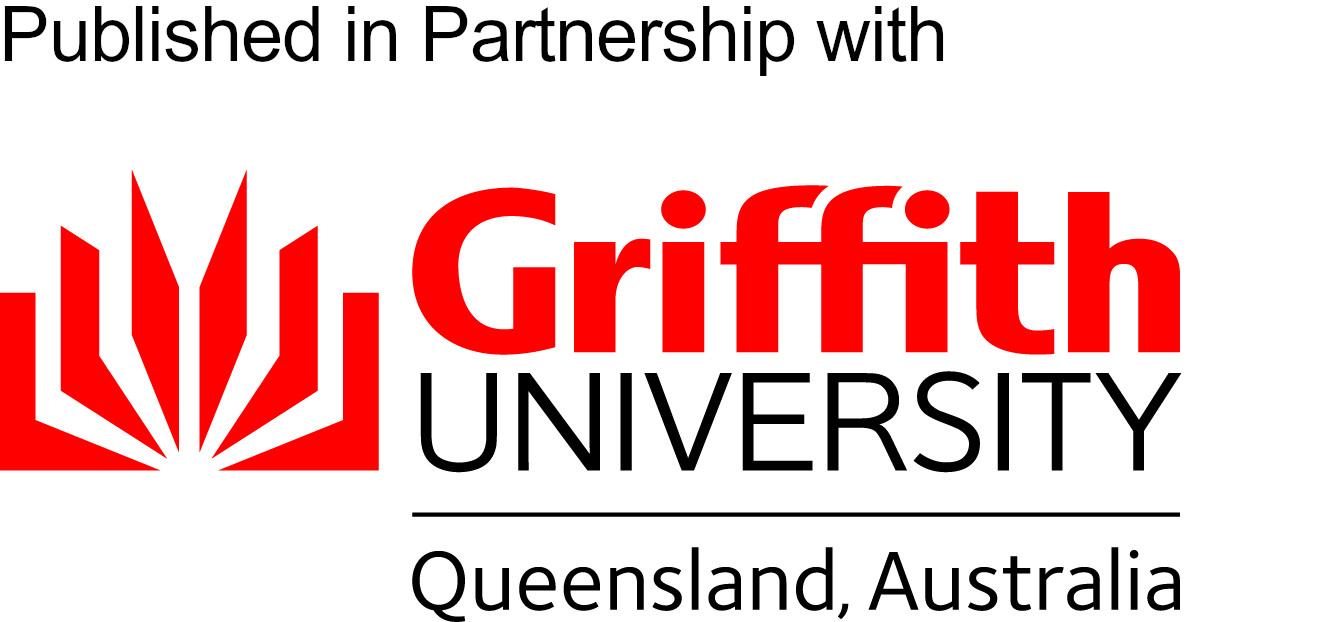Shaping a Regional Identity
Literary Non-Fiction and Short Fiction in North Queensland
DOI:
https://doi.org/10.1017/S1321816600006826Keywords:
Regional identity, Queensland north, internal mythology, literary non-fiction and short fictionAbstract
Stories, anecdotes, and descriptive articles were the earliest publications, following the main wave of colonisation in the 1860s, to bring Queensland north and west of Proserpine to the attention of the national and international community. Such publications were also the main vehicle of an internal mythology: they shaped the identity of the inhabitants, diversified following settlement, and their sense of the region. The late date of settlement compared with south-eastern Australia meant that frontier experience continued both as a lived reality and as mythology well into the twentieth century. The self-containment of the region as actual and exemplary frontier was breached only with the arrival of television and university culture in the 1950s and 1960s.
References
James Manion's informative study, Paper Power in North Queensland: A History of Journalism in Townsville and Charters Towers (Townsville: North Queensland Newspaper Company Limited, 1982) does not mention any female employees or journalists, although it provides exhaustive lists and biographies of ‘pressmen’ and male share-holders.
‘He Forgot: A Wail from the Bush,’ printed in the North Queensland Register on 23 December 1896, purports to be a first-person narrative by a man who wasted his youth in mining ventures in North Queensland. The narrator finally dismisses his partners: ‘With well-filled pockets we separated without regret, for those years of closest intimacy that the camp life makes necessary had prevented the growth of anything like real friendship or mutual admiration.’
In 1908, for example, he published a tourists' guide to the North Queensland coast, entitled Queensland, the Winter Paradise of Australia.
See Ross, Barbara, ‘Different Leaves from Dunk Island: The Banfields, Dorothy Cottrell and The Singing Gold’ in LiNQ 24.1 (1997): 56–70. I am most grateful to Barbara Ross for her generosity in allowing me access to the results of her research on Cottrell, and for supplying copies of the relevant North Queensland material.
Salvage and Other Stories (London: George G. Harrap, 1963) contains more polished writing, but the Porteous's later sea stories are not set in North Queensland waters.
In an interview recorded in October 1988, Hospital stated: ‘[Queensland] is absolutely in my bloodstream. There's a line in Jessica Anderson's Tirra Lirra by the River where her protagonist says her body has always been a Queenslander. I feel that about myself’ (LiNQ 17:1 (1989): 23). In ‘Here and Now’, expatriates reflect longingly from frozen Toronto on warmer origins, and on people loved before in Brisbane and the far North (Collected Stories 314–18).





